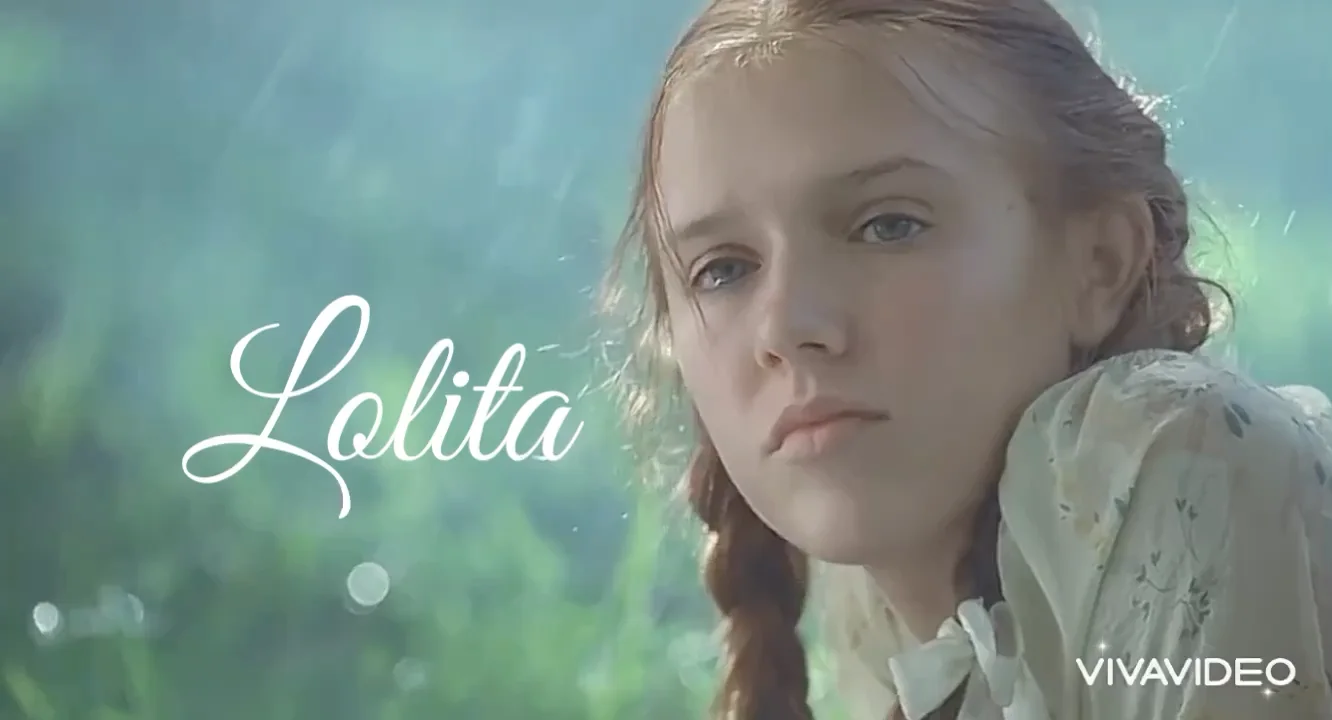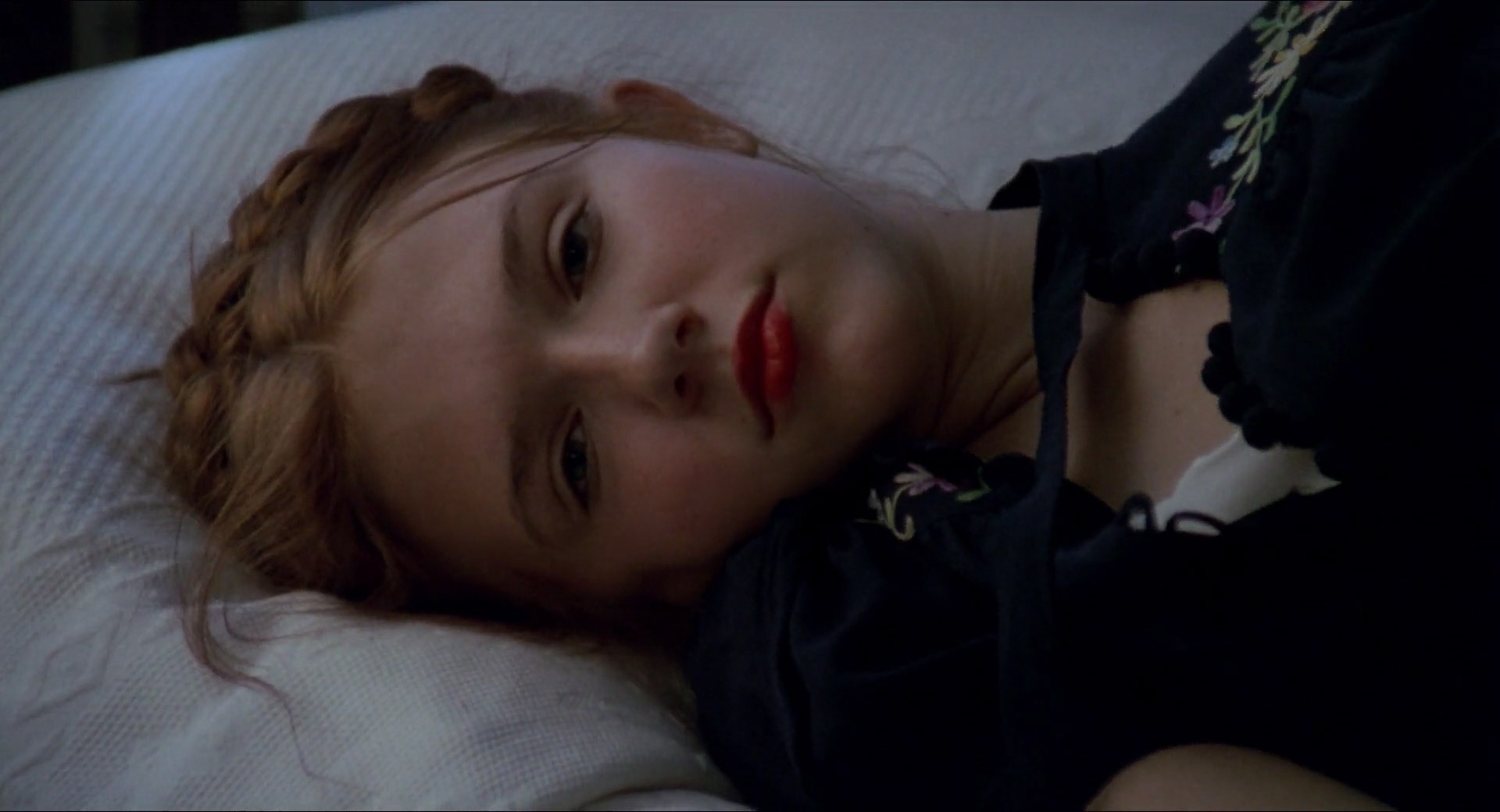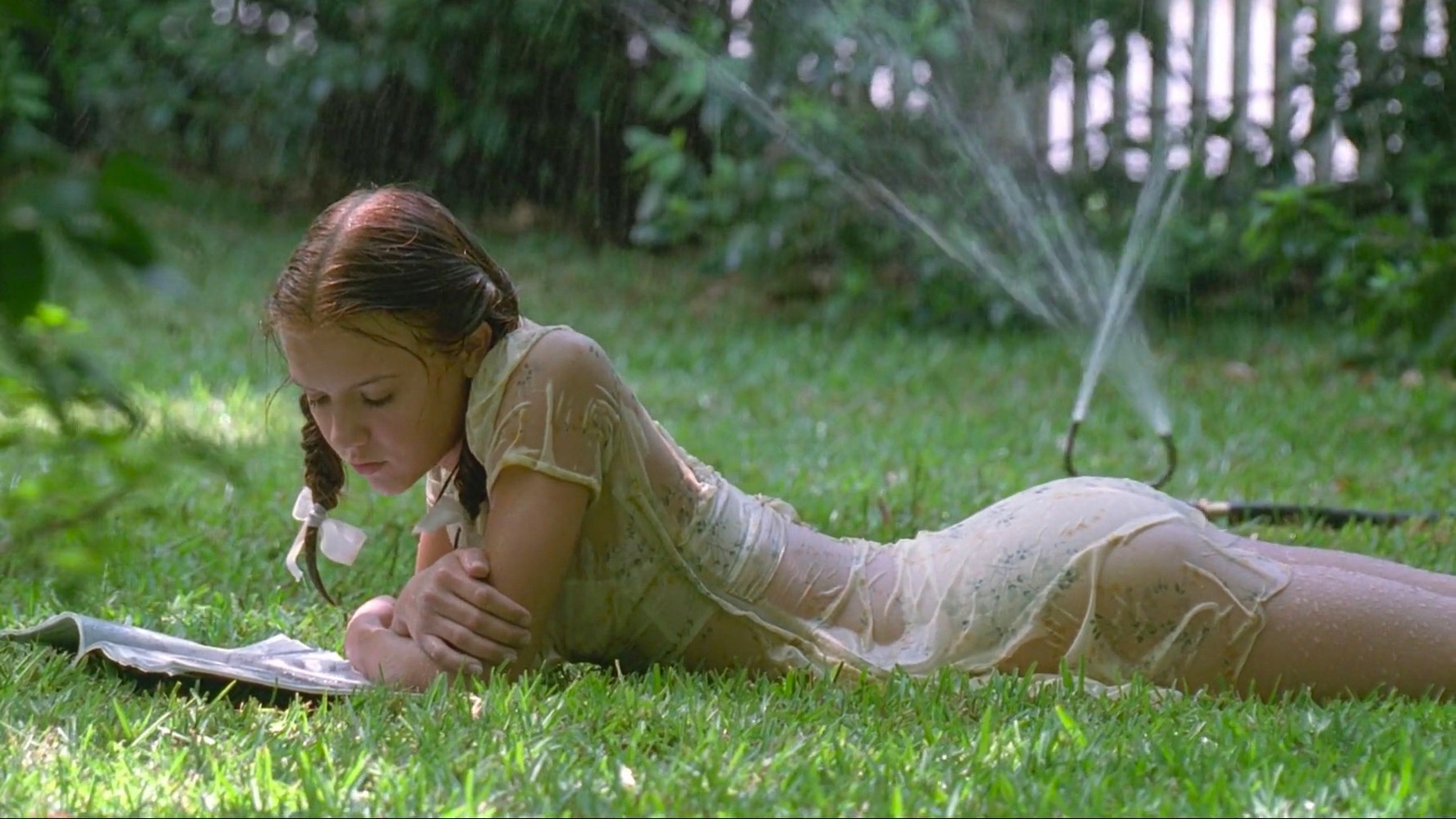Lolita (1997)

Lolita (1997) is a provocative and controversial drama film directed by Adrian Lyne, based on the novel by Vladimir Nabokov. The screenplay was written by Stephen Schiff. The film tells the story of Humbert Humbert, a middle-aged man who becomes obsessed with a young girl named Dolores Haze, whom he nicknames “Lolita.” The film examines complex themes of obsession, morality, and the boundaries of desire, offering a modern take on one of the most contentious stories in literature.
At the center of Lolita is the character of Humbert Humbert, portrayed by Jeremy Irons. Humbert is an intellectual and refined man who falls in love with Dolores Haze, played by Dominique Swain. However, his “love” for her is not a typical romantic attachment but a deeply disturbing obsession. Humbert’s desire for Lolita drives the narrative, with the film exploring his manipulation, guilt, and the consequences of his actions. Irons’ performance is compelling, capturing Humbert’s charm and moral ambiguity while evoking a sense of tragedy and madness.
Lolita, though portrayed as a young girl, is not a passive character in the story. Swain’s portrayal of her captures the complexity of Lolita’s character, who is both vulnerable and, in some ways, aware of the power she holds over Humbert. As the story progresses, Lolita becomes increasingly aware of her situation, and her actions reveal a layered character—one who is both a victim and a participant in a disturbing dynamic. This duality makes the film’s portrayal of their relationship all the more unsettling and thought-provoking.

One of the key elements of Lolita is its exploration of the power dynamics in the relationship between Humbert and Lolita. Humbert sees himself as a lover, trying to justify his actions as an expression of love, but the film never allows the audience to forget the manipulation, control, and harm at the heart of his obsession. The film is a stark reminder of the difference between romantic love and predatory behavior, asking viewers to question the morality of Humbert’s actions while also showing the emotional scars left on Lolita.

The cinematography and direction by Adrian Lyne play a significant role in creating the film’s haunting atmosphere. The lush visuals, combined with a subdued color palette, enhance the sense of entrapment and obsession that defines Humbert’s relationship with Lolita. Lyne’s subtle approach to the material allows the audience to feel the tension and discomfort without ever fully indulging in the exploitative aspects of the story. The pacing of the film, as well as the music, complements the mood, making the film a slow burn that builds in emotional intensity.

In conclusion, Lolita is a deeply controversial film that tackles difficult and uncomfortable themes. It challenges viewers to confront the nature of obsession, power, and manipulation in relationships, all while exploring the tragic consequences of Humbert’s actions on Lolita’s life. With strong performances from Jeremy Irons and Dominique Swain, the film provides a nuanced and unsettling portrayal of a complex and morally ambiguous story. Though Lolita is undeniably disturbing, it is also an important exploration of the darker aspects of human desire and the consequences of unchecked obsession.











